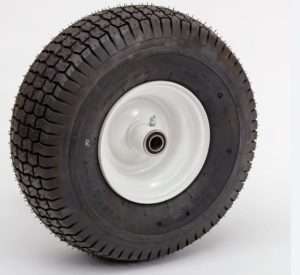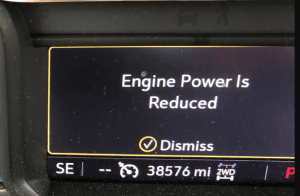Does gasoline damage car paint? “Revealing What You Need to Know About Gas and Paint”
A lot of drivers are unsure about whether gasoline can damage their car’s paint. It’s a valid concern – after all, gasoline is a powerful solvent and can cause all sorts of problems if it’s not handled correctly.
It can also cause fading, discoloration, and premature aging. Gasoline fumes can also be harmful to your health. However, you don’t need to worry about your paint job if you just follow a few simple guidelines.
How gasoline can damage the paint
Gasoline can cause serious damage to your car’s paint job in a number of ways. First, the chemicals in gasoline can eat away at the clear coat that protects your paint. This can lead to dulling, fading, and even peeling of the paint.
In addition, gas can also cause staining and discoloration. If you spill gas on your car and don’t clean it off right away, it can seep into the paint and cause permanent damage.
So what can you do to protect your car’s paint job from gasoline? First, be careful when filling up your tank or handling gas cans.
How you can clean gasoline from car paint
When it comes to keeping your car’s paint looking its best, you need to be careful about which cleaning products you use. Gasoline can actually do a lot of damage to your paint if it’s not cleaned up right away.
Here are a few things you can do to clean the gasoline off of your car’s paint:
1. Use a mild soap and water solution to gently scrub the area.
2. Rinse the area with clean water and dry it off with a soft cloth.
3. If the stain is still visible, try using an automotive cleaner specifically designed for removing stains from paint.
4. You can also try using WD-40 or another type of lubricant to remove the gasoline from the paint surface. Simply spray it on and wipe it away with a clean cloth.
Prevention tips
Many people are under the assumption that gasoline will damage their car paint. However, this is not the case. Gasoline will not damage your car paint if you take the proper precautions. Here are a few tips to prevent damage to your car paint:
1. Always wash your hands after handling gasoline. Gasoline can be damaging to your skin, so it’s important to make sure you wash it off as soon as possible.
2. If you get gasoline on your clothes, make sure to remove them and wash them immediately. Gasoline can cause stains that are difficult to remove.
3. When fueling your vehicle, be careful not to spill any gasoline on the car’s body or wheels. Wipe up any spills immediately with a clean cloth.
4. If you spill gasoline on your car’s paint, use a clean cloth to wipe it up. Make sure the cloth is dry and that there aren’t any lint or dirt particles in the cloth.
Conclusion
Its is clear that gasoline can damage car paint. It is important to take the necessary precautions to avoid this from happening. Gasoline should be handled with care and kept away from paint surfaces. If you do come into contact with gasoline, be sure to clean it off immediately. Taking these steps will help keep your car’s paint looking its best.
FAQs on Does gasoline damage car paint?
1. Does gasoline damage car paint?
Yes, gasoline can damage car paint if it is not removed properly.
2. What are the consequences of leaving gasoline on car paint?
Leaving gasoline on car paint can cause the paint to fade, crack, or peel.
3. How can I remove gasoline from my car paint?
You can remove gasoline from your car paint by using mild detergent and warm water.
4. How do I protect my car paint from gasoline?
You can protect your car paint from gasoline by using a fuel-resistant sealant.
5. What are the best ways to avoid damaging car paint with gasoline?
The best ways to avoid damaging car paint with gasoline are to remove it immediately if it spills and to use a fuel-resistant sealant.



